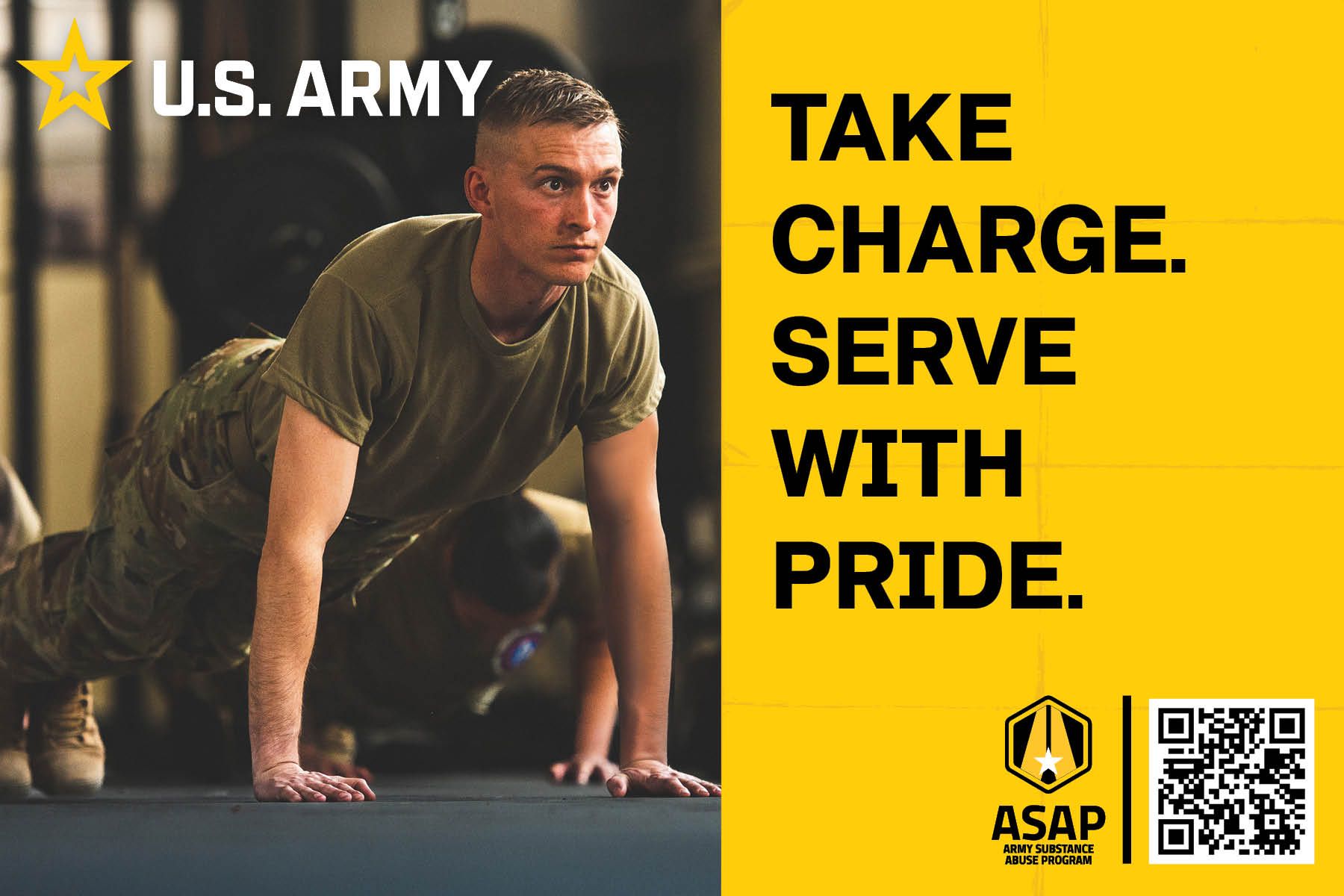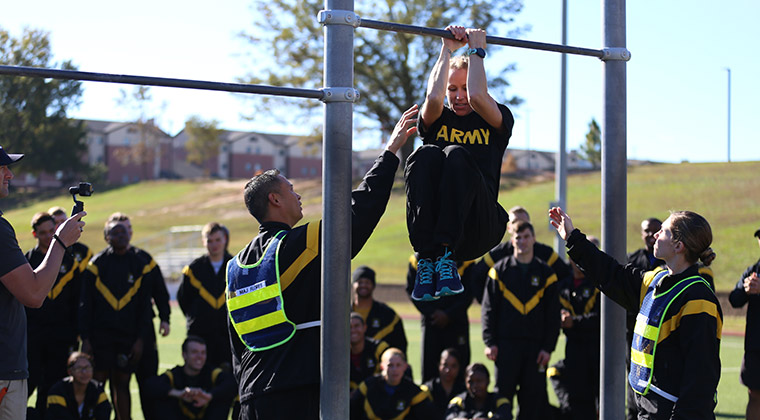BOSS Resources
Whether you are a BOSS Representative or a BOSS Team Member, these valuable resources are here to help make your Garrison BOSS Program Better!

Sponsored content by the Directorate of Prevention, Resilience, and Readiness (DPRR).
Single Soldiers: Staying Mission Ready Through ASAP
Single Soldiers are a vital part of the force, often balancing the demands of readiness, personal stress, social pressures and off-duty decisions. The Army provides resources to help you make smart, mission-focused choices and avoid substance misuse. Three key awareness campaigns, “Take Charge,” “Honor Your Why” and “Real Talk,” are designed with single Soldiers in mind.
Take Charge: Lead Yourself First
“Take Charge” speaks to your inner leader. It reframes wellness not just as a personal choice, but as a leadership action. When you take control of your health and fitness, you are not only improving yourself, but you are also setting the standard and ensuring you remain mission ready. This campaign addresses substance misuse directly by providing clear information that helps you make informed decisions and resist negative influences.
Honor Your Why: Your Purpose Is Your Power
“Honor Your Why” reconnects with what drives you. Whether your motivation is Family, career advancement or personal growth, this campaign helps keep your purpose front and center. It highlights the real risks of substances like THC and how they can derail long-term goals. By staying focused on your why, you strengthen your ability to avoid distractions and maintain momentum toward success.
Real Talk: Authentic and Direct
“Real Talk” cuts through the noise with honest, straightforward conversation, such as the kind you’d have with your battle buddies in the barracks, group chats or during downtime. It addresses substance misuse without judgment or scare tactics, focusing instead on real-world impacts to performance, readiness and personal freedom. By delivering truth in a relatable way, the campaign empowers you to make choices that align with your goals.
Together, these campaigns, supported by the Army Substance Abuse Program and SUDCC, reinforce resilience, accountability and readiness. Your choices matter, not just for your future, but for the strength and effectiveness of the entire force.
Founded in 1922 by a group of military officers, USAA is among the leading providers of insurance, banking and retirement solutions and serves more than 13.5 million members of the U.S. military, veterans who have honorably served and their families. Headquartered in San Antonio, USAA has offices in eight U.S. cities and three overseas locations and employs more than 37,000 people worldwide. Each year, the company contributes to national and local nonprofits in support of military families and communities where employees live and work. For more information about USAA, follow us on Facebook or X (@usaa), or visit usaa.com.

